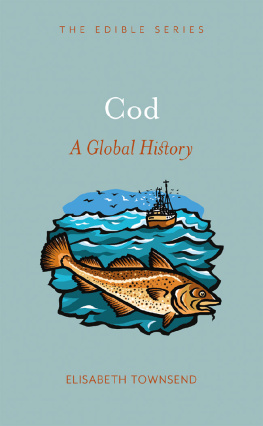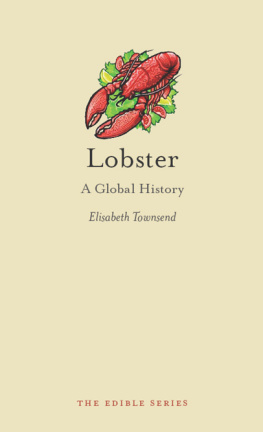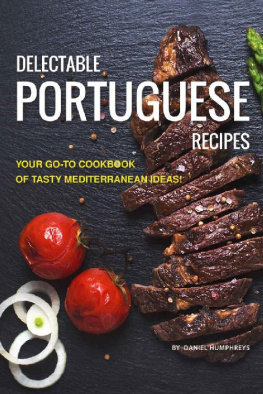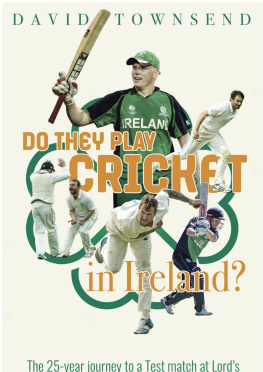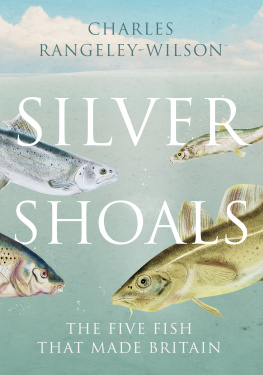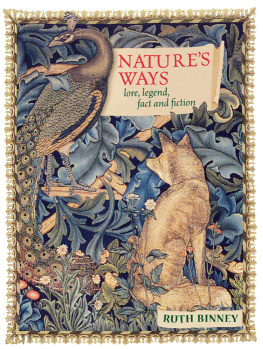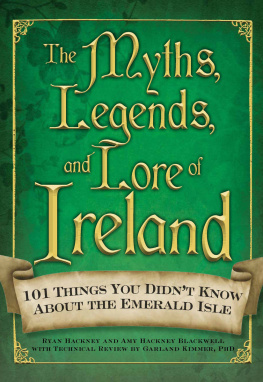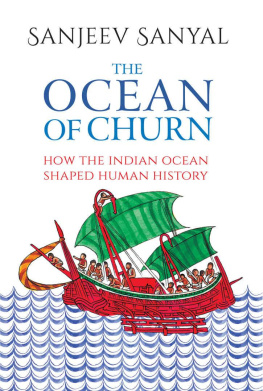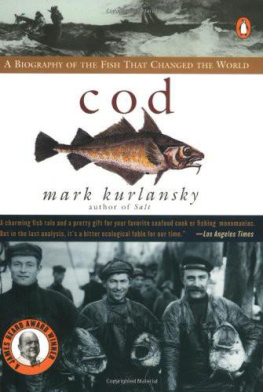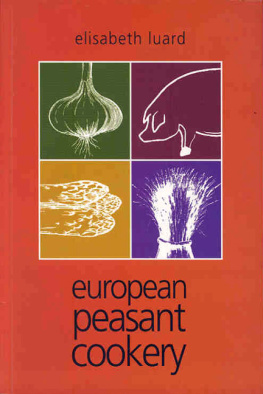COD

Edible
Series Editor: Andrew F. Smith
EDIBLE is a revolutionary series of books dedicated to food and drink that explores the rich history of cuisine. Each book reveals the global history and culture of one type of food or beverage.
Already published
Apple Erika Janik, Avocado Jeff Miller, Banana Lorna Piatti-Farnell, Barbecue Jonathan Deutsch and Megan J. Elias, Beans Nathalie Rachel Morris, Beef Lorna Piatti-Farnell, Beer Gavin D. Smith, Berries Heather Arndt Anderson, Biscuits and Cookies Anastasia Edwards, Brandy Becky Sue Epstein, Bread William Rubel, Cabbage Meg Muckenhoupt, Cake Nicola Humble, Caviar Nichola Fletcher, Champagne Becky Sue Epstein, Cheese Andrew Dalby, Chillies Heather Arndt Anderson, Chocolate Sarah Moss and Alexander Badenoch, Cocktails Joseph M. Carlin, Coconut Constance L. Kirker and Mary Newman, Cod Elisabeth Townsend, Coffee Jonathan Morris, Corn Michael Owen Jones, Curry Colleen Taylor Sen, Dates Nawal Nasrallah, Doughnut Heather Delancey Hunwick, Dumplings Barbara Gallani, Edible Flowers Constance L. Kirker and Mary Newman, Edible Insects Gina Louise Hunter, Eggs Diane Toops, Fats Michelle Phillipov, Figs David C. Sutton, Foie Gras Norman Kolpas, Game Paula Young Lee, Gin Lesley Jacobs Solmonson, Hamburger Andrew F. Smith, Herbs Gary Allen, Herring Kathy Hunt, Honey Lucy M. Long, Hot Dog Bruce Kraig, Hummus Harriet Nussbaum, Ice Cream Laura B. Weiss, Jam, Jelly and Marmalade Sarah B. Hood, Lamb Brian Yarvin, Lemon Toby Sonneman, Lobster Elisabeth Townsend, Melon Sylvia Lovegren, Milk Hannah Velten, Moonshine Kevin R. Kosar, Mushroom Cynthia D. Bertelsen, Mustard Demet Gzey, Nuts Ken Albala, Offal Nina Edwards, Olive Fabrizia Lanza, Onions and Garlic Martha Jay, Oranges Clarissa Hyman, Oyster Carolyn Tillie, Pancake Ken Albala, Pasta and Noodles Kantha Shelke, Pickles Jan Davison, Pie Janet Clarkson, Pineapple Kaori OConnor, Pizza Carol Helstosky, Pomegranate Damien Stone, Pork Katharine M. Rogers, Potato Andrew F. Smith, Pudding Jeri Quinzio, Rice Renee Marton, Rum Richard Foss, Saffron Ramin Ganeshram, Salad Judith Weinraub, Salmon Nicolaas Mink, Sandwich Bee Wilson, Sauces Maryann Tebben, Sausage Gary Allen, Seaweed Kaori OConnor, Shrimp Yvette Florio Lane, Soda and Fizzy Drinks Judith Levin, Soup Janet Clarkson, Spices Fred Czarra, Sugar Andrew F. Smith, Sweets and Candy Laura Mason, Tea Helen Saberi, Tequila Ian Williams, Tomato Clarissa Hyman, Truffle Zachary Nowak, Vanilla Rosa Abreu-Runkel, Vodka Patricia Herlihy, Water Ian Miller, Whiskey Kevin R. Kosar, Wine Marc Millon, Yoghurt June Hersh
Cod
A Global History
Elisabeth Townsend
REAKTION BOOKS
To Jeff, with much love and gratitude, always
To Dr George A. Rose, with enormous gratitude and appreciation
To Elizabeth Gawthrop Riely, also with thanks
Published by Reaktion Books Ltd
Unit 32, Waterside
4448 Wharf Road
London N1 7UX, UK
www.reaktionbooks.co.uk
First published 2022
Copyright Elisabeth Townsend 2022
All rights reserved
No part of this publication may be reproduced, stored in a retrieval system, or transmitted, in any form or by any means, electronic, mechanical, photocopying, recording or otherwise, without the prior permission of the publishers
Page references in the Photo Acknowledgements and
Index match the printed edition of this book.
Printed and bound in India by Replika Press Pvt. Ltd
A catalogue record for this book is available from the British Library
eISBN 978 1 78914 597 7
Contents

1
What Is a Cod?

North Atlantic cod has been the most commercially successful fish in the world. The abundant cod has been called a universal food that has fuelled the global exploration, and acutely affected the economies, of North America and Europe. It has provided work and sustenance for fishing families, been a staple dietary item in poorer countries and has also been consumed as an alternative to meat, especially for Christians on fast days. This worthy source of protein has stoked sailors on Viking expeditions, Portuguese explorers, fishing boats and pirate ships. And finally, it was one of the first valuable trading commodities.
The Atlantic cod, also known as Gadus morhua, is 4 to 5 million years old and has been integral to many of the most remarkable movements in world history. The preservation methods of the Vikings and the Basques had an enormous impact on their lives. Without dried cod, in the eighth century the Vikings would never have left the safety of their coastline. The cold, dry air of northern Norway is perfect for drying cod, enabling the Vikings long voyages as far as North America. As early as the fifteenth century, salt-preserved cod may have done the same for the Basques. In their pursuit of whales far into the North Atlantic, they discovered cod. They used salt to preserve the cod rather than on the whales they had hoped to catch. The highly competitive search for a new spice route via the sea led to the discovery of seemingly boundless codfish and even produced the cod wars in the twentieth century. Cods status as an indispensable food source for transatlantic voyages even influenced the slave trade. Today Nigerians have a love affair with dried cod, thanks to Norwegian generosity.
And now we are confronted with an existential threat to this essential food source. How can we continue sustainably to enjoy eating the magnificent cod without endangering it further, as we have, through hunting and resource exploitation, with whales and many others?
The Omnivorous Cod
No fish is as omnivorous as the great Atlantic cod. Unimaginable, inedible objects have been found in the stomachs of the Atlantic cod: a womans wedding ring, a partial set of false teeth, scraps of wood and clothing, old boots, a cigarette case, oil cans and a rubber doll, among others. Many of these items may have fallen out of passenger ships, fishing boats and freighters. Cod are known for gulping whole shellfish, letting their stomach juices break down the interior meat. In one instance, indigestible sea clam shells were found in a cods stomach in an orderly stack of six or seven.
Humans hunted for rare shells in cod stomachs, which is also where a giant deep-sea scallop shell was first found. Though it appears that cod have an undiscriminating palate, they much prefer the most beneficial foods for their species such as capelin and herring. When these are not available, they will also consume crabs, lobsters, big moon snails, brittle stars and various varieties of shrimp. They are cannibals, even devouring their own offspring up to 1720 centimetres (78 in.) long, along with other petite fish. Beyond believable is what Alan Davidson reports in

